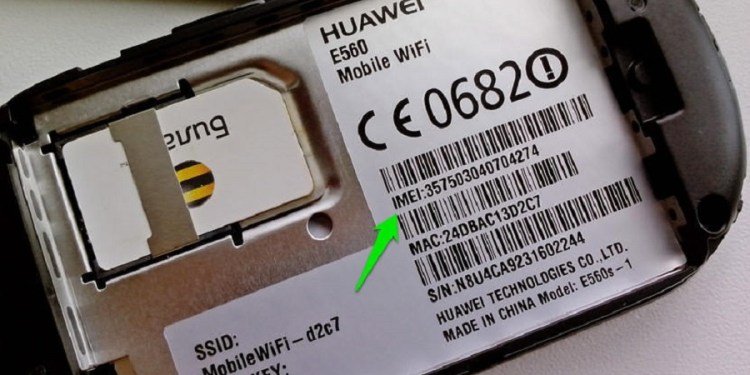Nigeria’s President Muhammadu Buhari has directed the Nigerian Communications Commission to collect the phone International Mobile Equipment Identity (IMEI) of citizens within three months.
Buhari’s directive to the NCC was contained in the Revised National Identity Policy for SIM Card Registration. The directive, according to Buhari, must be fully implemented by the end of July 2021, Guardian reports.
The policy stated that the implementation of a Centralized Equipment Identity Register (CEIR) otherwise known as Device Management System (DMS) will serve as a repository for keeping records of all registered mobile phones’ International Mobile Equipment Identity (IMEI) and owners of such devices.
The policy
The Revised National Identity Policy for SIM Card Registration contains how the government intends to achieve security from the digital space.
“IMEIs that have been reported as either stolen or illegal will be shared through the DMS to all the operators and service providers,” the policy stated that “the purpose is to ensure that such devices do not work even if different SIM Cards are inserted in those devices.
DMS will also provide access to all operators to cross-check the IMEIs and their status before allowing a device to become active on their network. Furthermore, registered mobile phone technicians will also be provided with an interface to
check IMEIs and ensure it has not been reported as stolen or illegal before they render their technical services.
“To achieve this, the Nigerian Communications Commission (NCC) would be responsible for the implementation and management of the DMS to achieve the policy objectives.
“Accordingly, His Excellency, President Muhammadu Buhari, GCFR has directed that the Device Management System should be implemented within three months.”
Why collect phone IDs
With the emergence of the new policy, Nigerians are quite unclear of the purposes of the directive. Some are of the opinion that the reasons for implementation are the same as that of the National Identity Number (NIN) that is being conducted by the National Identity Management Commission (NIMC).
The objectives of the government, according to the policy include, to register and capture the IMEIs of all mobile phones and other smart devices on the DMS which, will serve as a repository for sharing data of stolen devices across all networks
Also, to ensure all un-registered devices do not work in any of the Networks in Nigeria and to ensure every reported IMEIs for stolen and illegal mobile phones and other smart devices are blacklisted and shared with all operators across all networks.
While the government has not announced how it intends to implement the policy in the next three months, Nigerians are not convinced about the policy that is being spearheaded by communications and digital economy minister Ali Isa Pantami, who has been engulfed with calls for resignation over his past pro-terrorist views.




